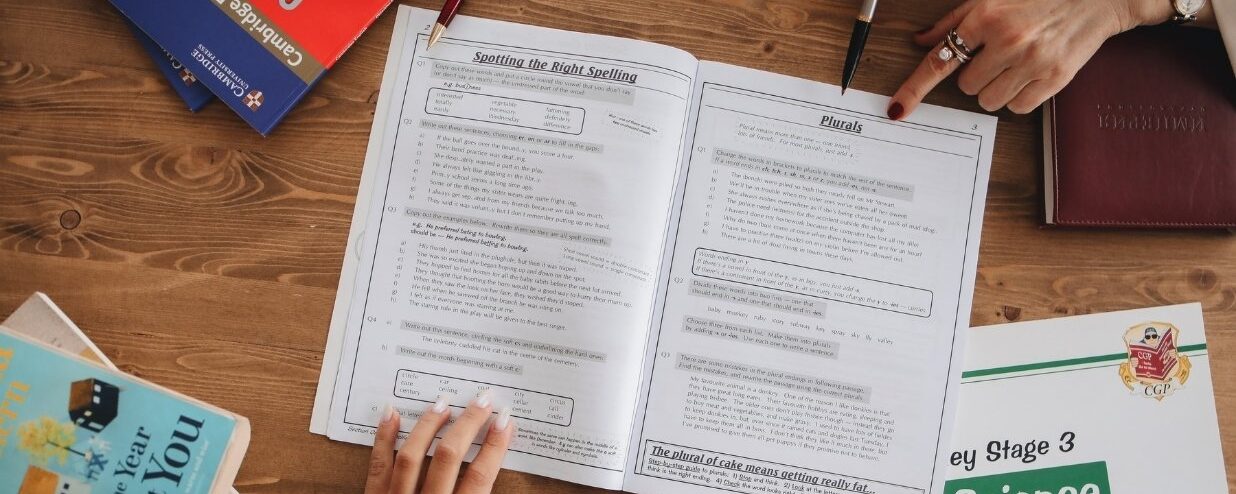Studying for the JLPT N4 test? In this blog, we will be covering 20 crucial grammar points that will help with your JLPT N4 revision!
Here is the list of the 20 grammar points:

1. だけで Dake de
This grammar point means just by, just by doing and with only. It can be used by combining with verbs or nouns.

2.あとで Ato de
This grammar point is used after a verb or noun to express something that has happened after the first action. Sometimes, で de can be removed and it will just be 後 ato.

3. 始める Hajimeru
This grammar point is used to express when something is starting or has just begun.

4. はずだ Hazu da
This grammar point emphasizes an expectation that something will take place or should be so. It also expresses a strong disbelief to anything that is said.

5. はずがない Hazu ga nai
As compared to grammar point 4, this grammar point is used to emphasize strongly that something cannot be or is completely impossible.

6. かしら Ka shira
This grammar point is mainly used by females and is used to ask a question or show that you are thinking about something.

7. かもしれない Kamo shirenai
This grammar point is used to indicate a possibility in something.

8. ことがある Koto ga aru
This grammar point is used with non-past tense verbs.

9. ことができる Koto ga dekiru
This grammar point is used to express something that can or is able to be done.

10. 急に Kyuu ni
This grammar point is used to express something that has suddenly happened.

11. までに Made ni
This grammar point indicates a time limit or deadline.

12. ながら Nagara
This grammar point is used to express two actions that are happening simultaneously. It cannot be used with verbs related to time.

13. なら Nara
This grammar point can be used to emphasize a certain topic or show trust in the other party.

14. にくい Nikui
This grammar point is used to say something that is difficult to do.

15. 終わる Owaru
This grammar point is used to express something that has ended or finished. It can be used in present, past or future tense.

16. たばかり Ta bakari
This grammar point should be used after a verb in its casual past form. It can be used to express something that has just ended or something that has just started.

17. てあげる Te ageru
This grammar point is used to say that you are doing something or a favor for someone.

18. てほしい Te hoshii
This grammar point is used to ask someone to do something for you.

19. ていく Te iku
This grammar point means to start, to continue or to go on. It can be used by combining with verbs in the て form.

20. てみる Te miru
This grammar point is used to express that the speaker is trying to do something that is most likely a new experience.
